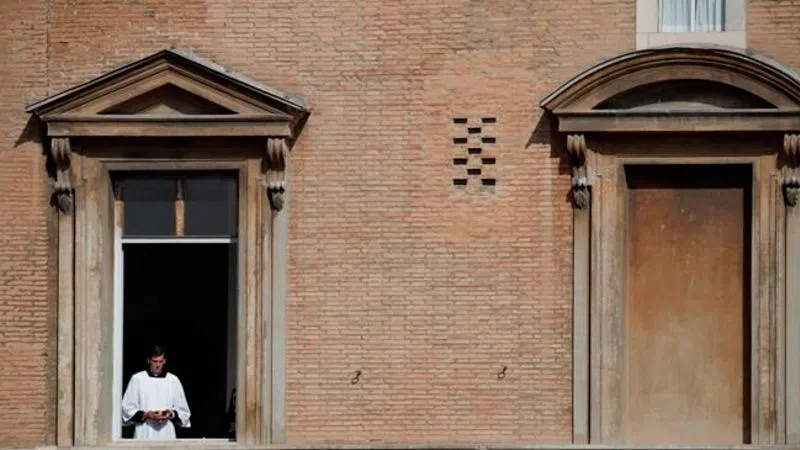
Pope canonizes John Henry Newman, 19th-century theologian
VATICAN CITY — With Prince Charles looking on, Pope Francis on Sunday canonized Cardinal John Henry Newman, praising the 19th-century Anglican convert who became an influential, unifying figure in both the Anglican and Catholic churches.
Francis quoted from one of Newman’s most famous hymns, “Lead, Kindly Lights,” as he presided over Mass on Sunday before an estimated 50,000 people in a sun-drenched St. Peter’s Square to declare Newman and four women saints.
Among the luminaries on hand was Charles, heir to the British throne, who penned a remarkable ode to Newman that was published in the Vatican newspaper, L’Osservatore Romano. The Prince of Wales, whose mother is the head of the Church of England, praised Newman for bridging divisions and showing the courage of following his convictions.
Newman, a theologian and poet, is admired by Catholics and Anglicans alike because he followed his conscience at great personal cost. When he defected from the Church of England to the Catholic Church in 1845, he lost friends, work and even family ties, believing the truth he was searching for could only be found in the Catholic faith.
